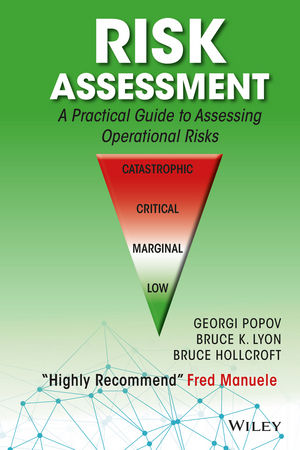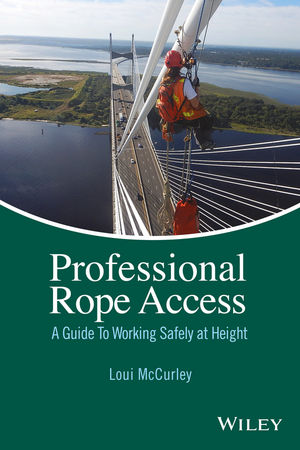Best Practices
A risk-based approach to reopening amid COVID-19
Those willing to take risks can succeed during the pandemic

Credit: Getty Images
Jurassic World: Dominion is poised to be the first major studio release to resume filming in the United Kingdom in the wake of the coronavirus (COVID-19) outbreak. But filming in the midst of a pandemic will not come cheap to Universal Pictures.
It is costing Universal around $5 million to implement proper safety protocols in response to the COVID-19 pandemic, according to Deadline. Protocols will include taking thousands of tests during filming, on-site doctors and nurses, nightly antiviral "fogs" and a large amount of hand sanitizer stations. Masks will also be mandatory on the set, save for actors while performing.
In Atlanta, GA, Blackhall Studios has laid out about $1 million for COVD-19-related safety upgrades, including a retrofit with air purifiers, foot pedals for toilet seats and touchless appliances.
Cautious return
And more than three months after Hollywood came to a halt due to the coronavirus pandemic, NBCUniversal has begun a cautious return to work. Stages, work spaces and other physical areas of the studio’s 400-acre lot have been substantially transformed with a fortified safety-first approach. NBCU ran a production-resumption exercise on the back lot on June 12. The drill brought together about 25 individuals as the cast and crew on an imaginary scripted series to pressure-test safety protocols and possible worst-cases scenarios.
All employees who re-entered the lot were given a “Welcome Back Pack” after their temperature checks. It contains two masks and two bottles of hand sanitizer; a hotel-like door hang for housekeeping to clean or not clean a room or area; mini sanitizers; and a multipurpose tool designed to avoid direct contact with surfaces, handles and elevator buttons. NBCU decided to manufacture its own COVID-19 protection materials after experiencing too many unreliable deliveries. About 19,000 masks have been sewn and more than 2,000 gallons of 75 percent alcohol sanitizer has been shipped to NBCU locations.
Reopening costs are high — and so are the stakes. Mark Katchen, principal of the LA-based Phylmar Group, says a lead actress or actor contracting COVID-19 could shut down a film, disrupting its release date, idling hundreds of crew members, at a cost of thousands of dollars a day. Katchen has been advising the Screen Actors Guild (SAG) on health protections.
'Basic concepts are the same'
Factories, warehouses, retail stores and other businesses reopening across the country won’t be handing out “Welcome Back Packs,” turning into forts, sewing their own masks, probably not retrofitting toilet seats with foot pedals. But Katchen says there are similarities between Hollywood glitz and factory grime when bringing back employees. “The basic concepts are the same. You need to make sure people coming back are not infected, ongoing surveillance process is a must, and people must understand what’s expected of them. Training is important.”
Social distancing, wearing a mask, and hand hygiene — in that order — are the three most important elements of a COVID-19 work plan, he says. Katchen advocates taking an industrial hygiene risk-based approach to reopening. Break down your workforce by demographics and work exposures to create a risk profile, he explains. Older workers, those with underlying medical conditions or who take public transportation daily, and workers whose jobs make social distancing difficult would constitute high-risk groups. In contrast, Katchen describes a warehouse where 98 percent of the area is easily socially-distanced, minimizing the need for mitigation controls — eliminating the hazard, replacing it, isolating it, changing the way people work, and using personal protective equipment.
Phylmar has drafted a COVID-19 work plan that subtracts a workplace’s mitigation score (need for controls and type of controls) from the workforce risk profile score to arrive at a final risk assessment score. This final score prioritizes the actions of COVID-19 work plan compliance officers. “The overall score gives you a roadmap for where you need to spend your time,” says Katchen.
Challenging to implement
Having a work plan is one thing; implementing can be challenging. “You can have a well-written plan, but the devil is in the details,” he says. “There’s a motivation factor here. Day in and day out you have to be vigilant. It just takes one mistake. Say you go to a barbeque and don’t social distance or wear a mask. It doesn’t take much to get infected. You can get lackadaisical.”
This is why training is important. Courses should describe what COVID-19 is; its symptoms; health effects; the work plan; responsibilities of employers, supervisors and workers; risk controls (including the big three: social distancing, wearing a mask, and hand hygiene; plus the hierarchy of controls); what to do if you’re sick; what to do if a co-worker is sick; and best practices for hand washing and wearing masks and gloves.
“COVID-19: Safe Reopening –The Basics” is a training course recently rolled out by the Phylmar Academy. One version is for general industry; a second for the film industry; and a third for training COVID-19 compliance officers.
Katchen says business re-openings present at least two significant challenges for health and safety professionals. “How do we motivate young people who are not at risk to accept the responsibility that ‘I am my brother’s keeper’? You’ve got to bring to people’s attention they have a responsibility because there are people in a workplace more at risk than them. Or perhaps people outside of the workplace.”
Professionals must also address the psychological component of returning to work amid the pandemic. Returnees might be anxious, scared or unsure if it’s safe to come back. “They have to lay out all the precautions to make people feel comfortable,” says Katchen. “To some extent professionals have a compliance enforcement role. Not wearing a mask is no different than not wearing other required PPE.
“In some ways it’s going back to health and safety basics,” he says.
Looking for a reprint of this article?
From high-res PDFs to custom plaques, order your copy today!









